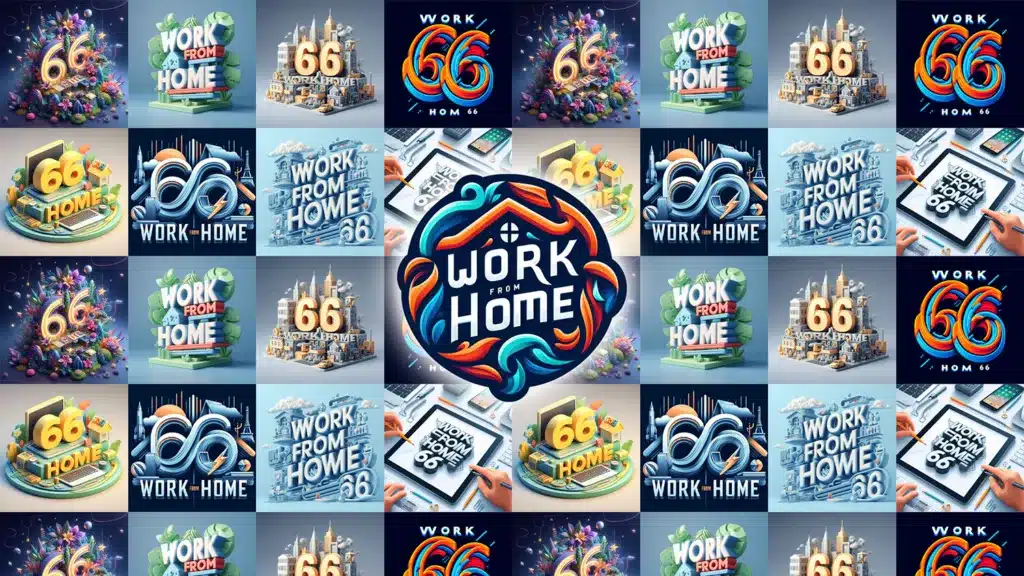Important Notice: “Please be aware that our team at workfromhome66.com, including any staff member, will never request money from you.
We do not have a Joining Fee, Deposit, Application Fee, or any other charges. Stay vigilant against fraudsters and scammers.”
Join work from home jobs in Hyderabad Now! and Share us on your networks….
Welcomes to work from home jobs
Discover Flexible Opportunities
At WorkfromHome66.com, we specialize in connecting ambitious professionals with work from home jobs in Hyderabad, a diverse array of remote job opportunities. The demand for flexible, work from home roles is on the rise and our platform is tailored to meet this need. Dive into our carefully curated job listings to find roles that range from web designing or web development, digital marketing and SEO to graphic design or any kind skill you carry with your profile, we have a job for everyone, there are many categories like, graphic design, web design, digital marketing, physical marketing, salesmen, marketing executives, content / copy writers, accountants, tele callers, telemarketing executives, neon / led sign boards assembly works etc.

A Trustworthy Path to Work from Home Jobs

Trust is the cornerstone of your job search with workfromhome66.com. Each of our listing is thoroughly vetted to uphold our promise of genuine, scam-free opportunities, and beware of scams of work from jobs. We pride ourselves on fostering a transparent job-seeking environment, free from the clutter and confusion of the broader internet job market.
Seamless Job Matching
The user experience on our portal is crafted for simplicity and efficiency. Our advanced search filters allow you to effortlessly navigate through the latest job work listings and identify positions that resonate with your expertise and personal goals.
Join the Work From Home Jobs in Hyderabad Community



Resources for Success
We go beyond job listings. Our community resources equip you with the tools and knowledge to excel in your remote job role. From skill development to productivity tips, we are here to ensure you make the most out of your work from home experience.
A Network of Professionals
Being part of WorkFromHome66.com means connecting with other remote workers from Hyderabad and all over the country. Share experiences, seek advice, and grow your professional network within our community.
Step Into Your Future with us
Easy Navigation to Your Dream Job
Finding your next authentically earning remote job is just a click away with our user-friendly interface of WorkFromHome66.com. Begin your journey with us today and step into a world where your talents are valued and your career aspirations are achievable.
Embrace the work-life balance you deserve with our amazing platform. Our platform is more than a job search site; it’s a steppingstone to a more flexible, fulfilling professional life. Let us be the key to unlocking your remote job career.


